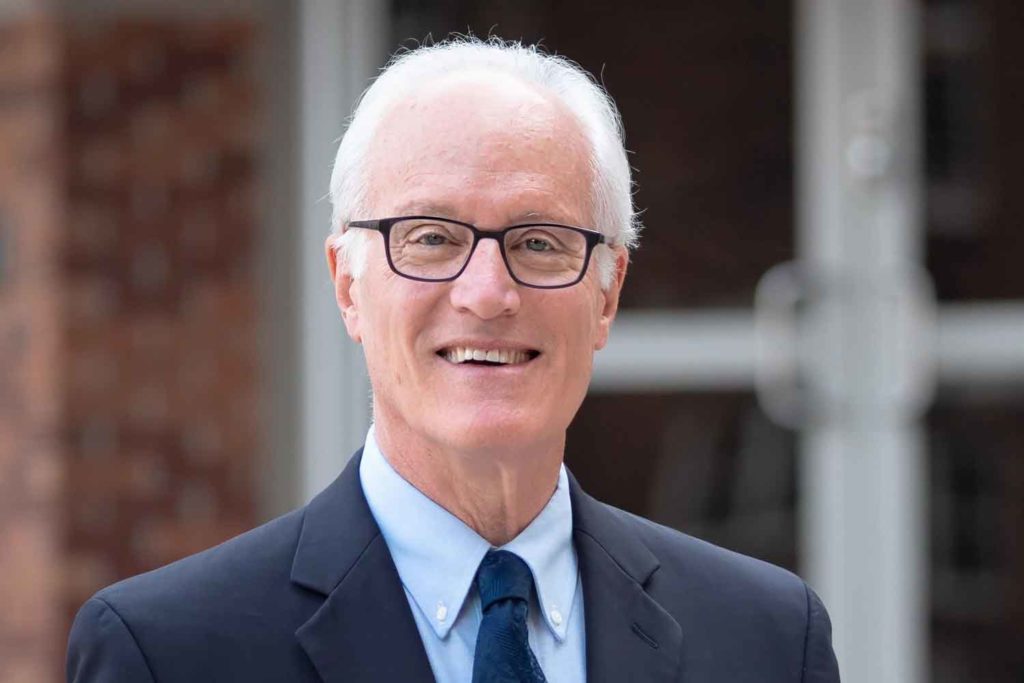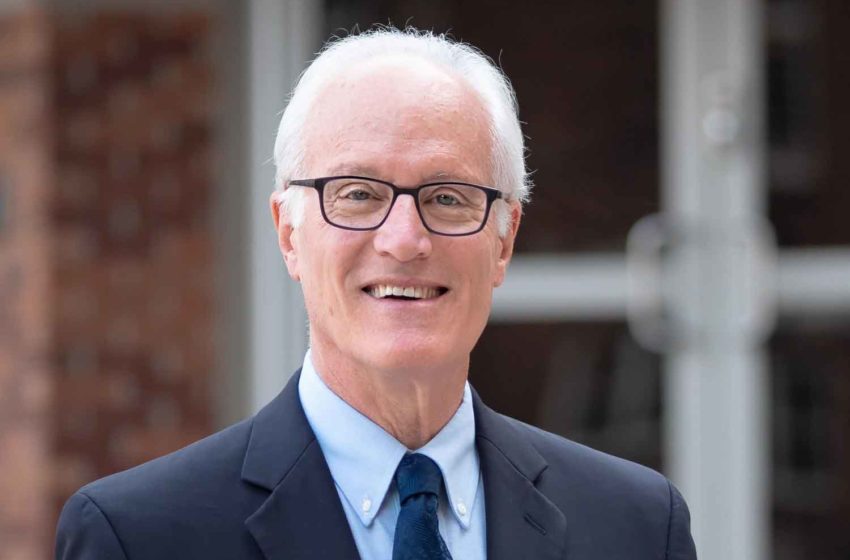
There is enough evidence to support using e-cigarettes as a first-line aid for smoking cessation in adults, according to Kenneth Warner, dean emeritus and the Avedis Donabedian Distinguished University Professor Emeritus at the University of Michigan’s School of Public Health.
“Far too many adults who want to quit smoking are unable to do so,” Warner said in a statement. “E-cigarettes constitute the first new tool to help them in decades. Yet relatively few smokers and indeed health care professionals appreciate their potential value.”
In a study published in Nature Medicine, Warner and colleagues took a global view of vaping, examining countries that promote vaping as a smoking cessation and countries that don’t.
While agencies in the United States and Canada acknowledge the potential benefit of e-cigarette use, they deem the evidence to recommend e-cigarettes for smoking cessation as insufficient, according to the authors.
However, in the United Kingdom and New Zealand there is high-level support and promotion of e-cigarettes as a first-line smoking cessation treatment option.
“We believe that governments, medical professional groups and individual health care professionals in countries such as the U.S., Canada and Australia should give greater consideration to the potential of e-cigarettes for increasing smoking cessation,” Warner said. “E-cigarettes are not the magic bullet that will end the devastation wrought by cigarette smoking, but they can contribute to that lofty public health goal.”
Warner’s previous research has found considerable evidence suggesting e-cigarettes are an effective smoking-cessation tool for adults in the U.S., where hundreds of thousands of people die of smoking-related illness each year.
In addition to evaluating differences in regulatory activities across countries, the researchers examined evidence that vaping increases smoking cessation, the health consequences of e-cigarettes and the implications for clinical care.
They also cite the Food and Drug Administration’s designating some e-cigarette brands as “appropriate for the protection of the public health”—the standard required to receive approval for marketing. This action, the researchers say, implies indirectly that the FDA believes e-cigarettes can help some individuals quit smoking who would not do so otherwise.
Warner and colleagues conclude that “acceptance of the promotion of e-cigarettes as a tool for smoking cessation will likely depend on continuing efforts to reduce access to, and use of, the products by young people who have never smoked. The two objectives can and should co-exist.”
Study co-authors include Neal Benowitz of the Department of Medicine at the University of California, San Francisco; Ann McNeill of the National Addiction Centre, King’s College London, U.K.; and Nancy Rigotti, Department of Medicine, Harvard Medical School.


















